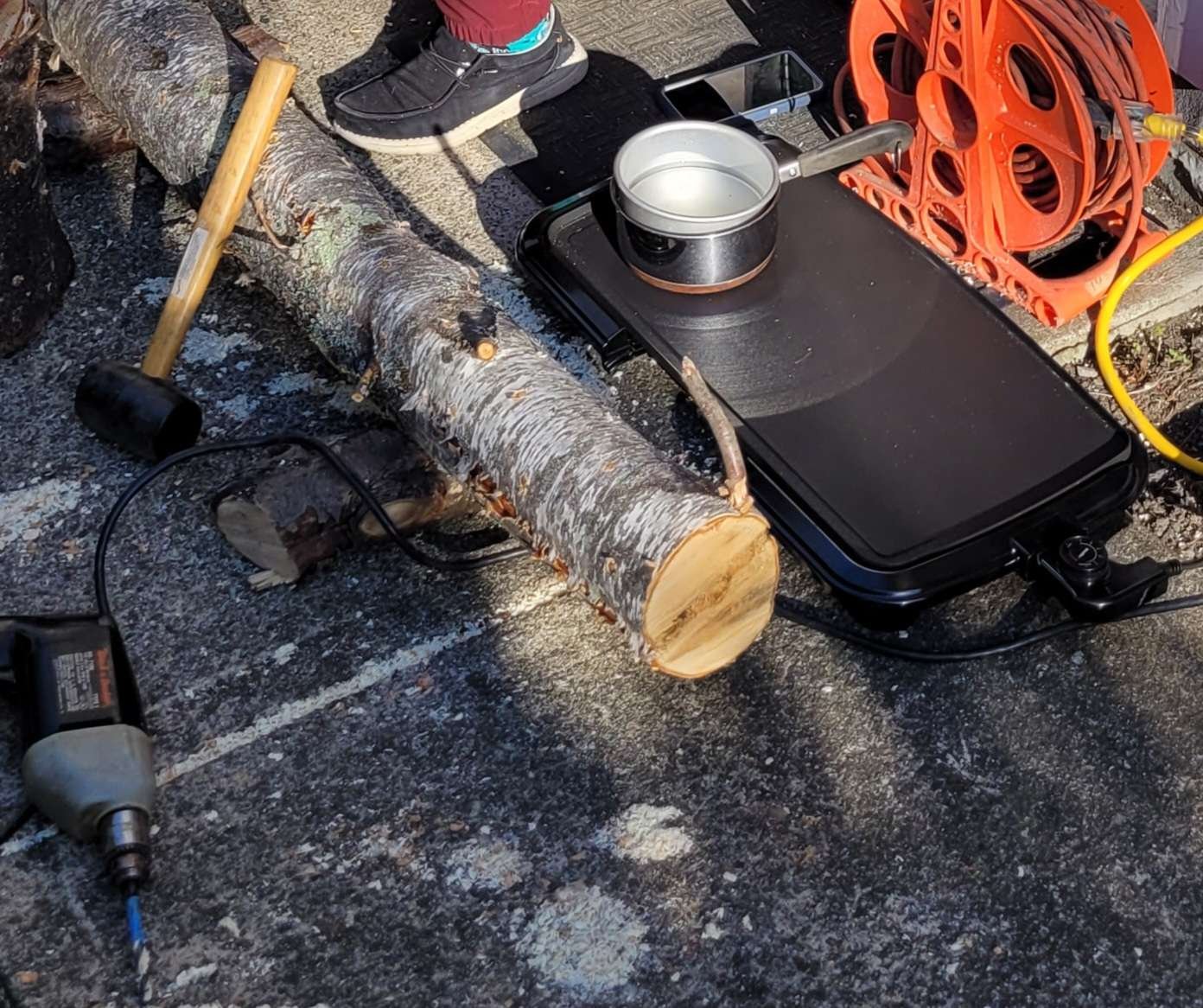I write science fiction, draw, paint, photobash, do woodworking, and dabble in 2d videogames design. Big fan of reducing waste, and of building community
Reclamation - restoring disturbed lands @slrpnk.net Looking for input/feedback on a solarpunk fiction project largely about land restoration
Reclamation - restoring disturbed lands @slrpnk.net Examples of detection dogs being trained to find different environmental contaniminants
Reclamation - restoring disturbed lands @slrpnk.net Beaver Dam Analogs and restoring wetlands
DIY @slrpnk.net Question about analog voltmeters and antique telephones
DIY @slrpnk.net Looking for advice on separating layers from a rear projector TV screen
Sweet Graffiti and other acts of wholesome vandalism @slrpnk.net Pink cat holding flowers
zerowaste @slrpnk.net is there any good way to put an extremely-flaking pleather jacket back into service?
Amateur Radio @lemmy.radio Realism Question About Depicting Antennas
zerowaste @slrpnk.net I just realized recently that our entire entertainment system is reclaimed ewaste
Solarpunk Farming @slrpnk.net An interesting greenhouse design - curious how well the beeswax and textile replacement for plastic sheet holds up
Solarpunk technology @slrpnk.net hoping to build a list of car parts that can be used for other things
DIY @slrpnk.net Hardcover Bookbinding and Laser Etching the Bookcloth
Solarpunk @slrpnk.net What would you like to see in solarpunk art of ships/boats/coasts?
zerowaste @slrpnk.net The art of recycling/repurposing broken-up concrete (sometimes apparently called 'urbanite')
DIY @slrpnk.net Bookbinding a softcover book
DIY @slrpnk.net My first bookbinding project - a hardcopy of the Fully Automated! TTRPG Rulebook
Solarpunk @slrpnk.net Solarpunk Workshop
Solarpunk @slrpnk.net Deconstruction crew disassembling abandoned McMansions so the material can be reused - Postcard from a Solarpunk Future
Balcony Gardening @slrpnk.net We started a mushroom garden, I'll let you know how it goes!
Sweet Graffiti and other acts of wholesome vandalism @slrpnk.net A little green friend







I quite recommend the Swindled podcast episode on the Pinto:
https://swindledpodcast.com/podcast/124-the-pinto/
Warnings for blunt descriptions of horrible injuries and tragic deaths. And incredible corporate malfeasance.